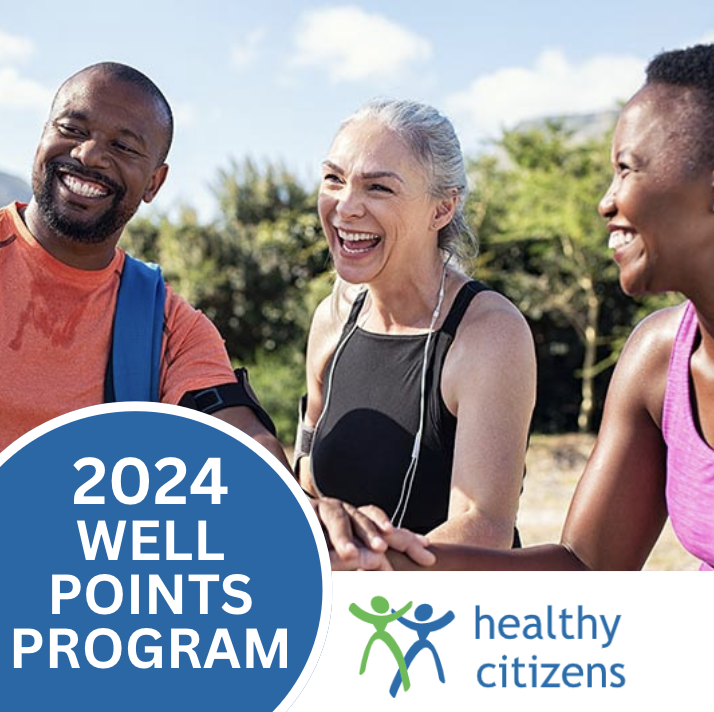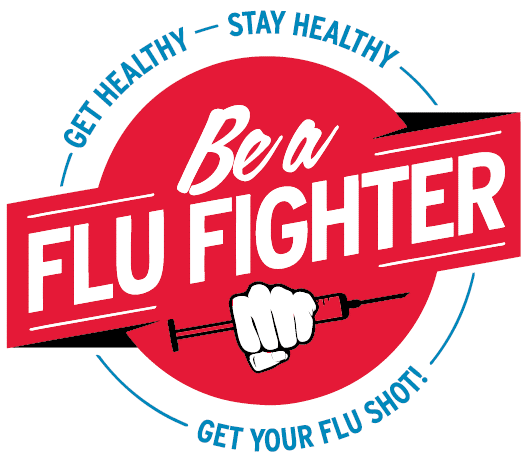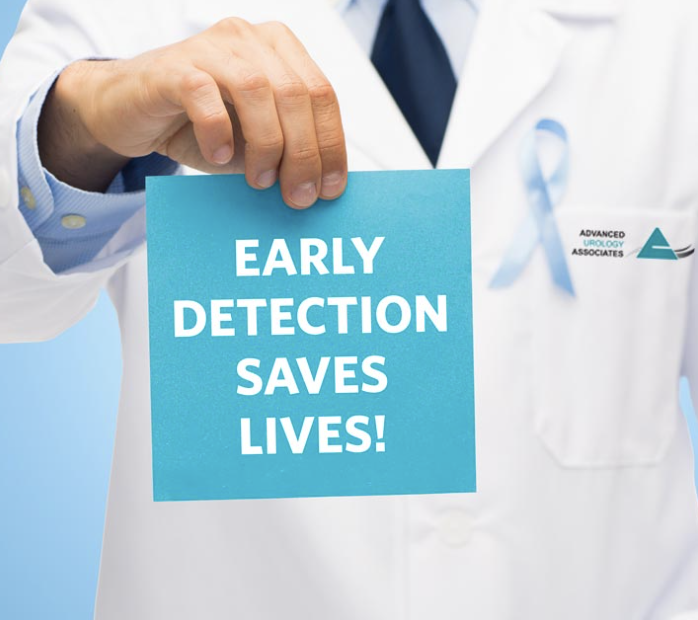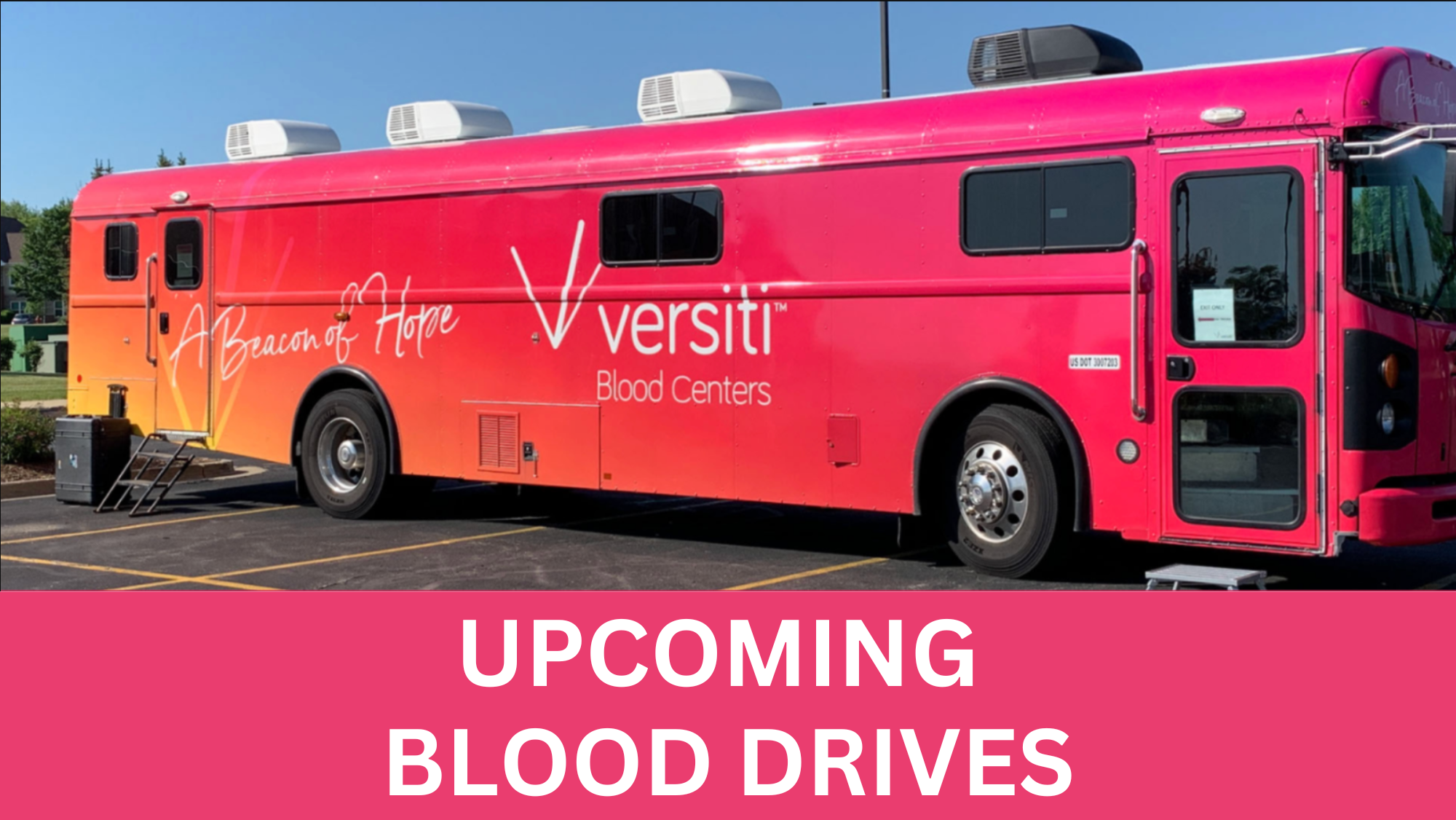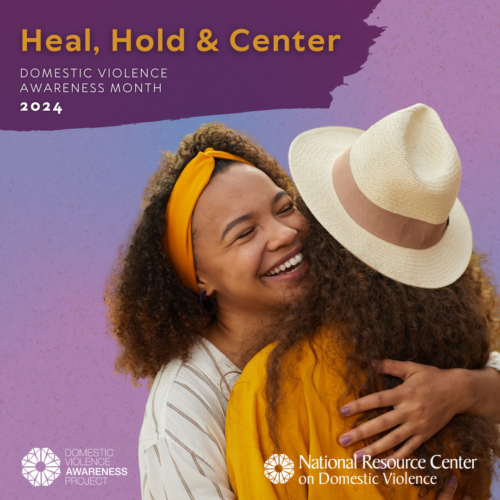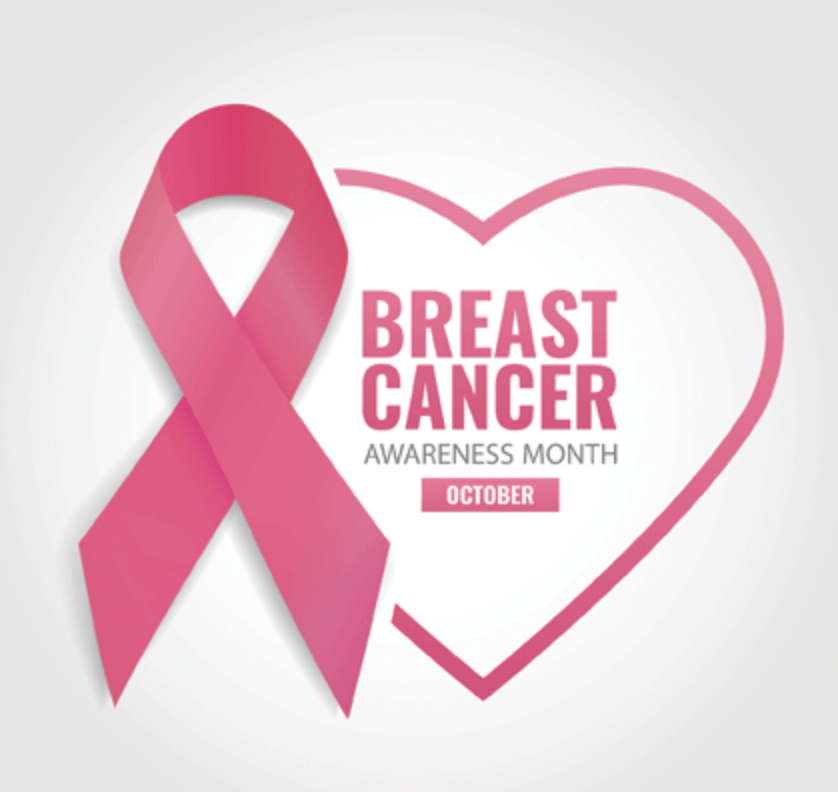Well Points Onsite Hours - October 2024
By
Melissa Hehmann, RDN, CDE on 10/7/24 1:22 PM
0 Comments Click here to read/write comments
Onsite Flu Vaccine Clinics
By
Melissa Hehmann, RDN, CDE on 10/7/24 1:21 PM
0 Comments Click here to read/write comments
Onsite Prostate-Specific Antigen (PSA) Screening
By
Melissa Hehmann, RDN, CDE on 10/7/24 1:21 PM
The Prostate-Specific Antigen (PSA) blood test measures the amount of prostate-specific antigen in the blood and is used to screen for prostate cancer. The test is for screening purposes ONLY and does not constitute a diagnosis. You will need to follow up with your physician if the test indicates high levels of PSA.
Read More
0 Comments Click here to read/write comments
Blood Drive on 10/23 - Donors Earn 50 Well Points
By
Melissa Hehmann, RDN, CDE on 10/7/24 1:19 PM
Onsite Blood Drives - Langsdale Donate to Save Lives & Earn Well Points You will be awarded 50 Well Points Reasons to Donate Every 2 seconds someone in the U.S. needs blood and or platelets. Approximately 29,000 units of red blood cells are needed every day in the U. S. Nearly 5,000 units of platelets and 6.500 units of plasma are needed daily in the U.S. Nearly 16 million blood components are transfused each year in the U.S. Sickle cell disease affects 90,000 to 100,000 people in the U.S. About 1,000 babies are born with the disease each year. Sickle cell patients can require blood transfusions throughout their lives. The average red blood cell transfusion is approximately 3 units. A single car accident victim can require as many as 100 units of blood. Blood and platelets cannot be manufactured; they can only come from volunteer donors. The blood type most often requested by hospitals is type O. One donation can help save more than one life. According to the American Cancer Society, more than 1.8 million people are expected to be diagnosed with cancer in 2020. Many of them will need blood, sometimes daily, during their chemotherapy treatment.
Read More
0 Comments Click here to read/write comments
It's Domestic Violence Awareness Month - 4 Ways to Support Victims & Survivors
By
Melissa Hehmann, RDN, CDE on 10/7/24 1:19 PM
October is Domestic Violence Awareness Month (DVAM), a time dedicated to shedding light on the devastating impact of domestic violence and advocating for those affected. As we come together to raise awareness, it’s crucial to remember that healing is a long and often challenging journey for domestic violence survivors. Whether you’re looking to support a friend, a family member, or your community at large, here are four meaningful ways to help victims of domestic violence heal during this important month and beyond. 1. Educate Yourself and Others Understanding domestic violence complexities is essential. Take the time to educate yourself about the different types of abuse—physical, emotional, sexual, financial, and digital. Local resources like local shelters and assistance providers in your community provide valuable information. Share what you learn with your social circles to foster awareness and empathy. The more we know, the better equipped we are to support those in need. 2. Listen Without Judgment Leaving an abusive relationship is a highly personal decision but all survivors benefit from having trusted people during this time. Since those experiencing abuse are often isolated by their abusers, it’s imperative to know how to support survivors on the path to safety. One of the most powerful things you can offer a domestic violence survivor is support. Here are some ways to support a survivor: Create a safe space for them to share their experiences without fear of judgment or blame. Let them express their feelings while validating their emotions. Many victims feel isolated and unheard; your willingness to listen can make a significant difference in their healing journey. Help them create a safety plan. 3. Encourage Professional Support Domestic violence survivors are often left with emotional scars that outlast the physical effects. Some are at an increased risk of developing post-traumatic stress disorder, substance abuse, or other stress-related mental health issues. Counseling and support from family and friends can help survivors break the isolation of domestic violence. Healing from domestic violence often requires professional intervention. In counseling sessions, survivors can share their feelings, thoughts, and fears in a safe and confidential environment. Counselors are non-judgmental third-party advisors who listen and assist survivors in working through their traumas. In addition to coping with their remaining anxiety, trauma specialists can also help survivors relieve stress and find ways to cope. Encourage your friend or family experiencing domestic violence to seek help from counselors, therapists, or support groups that specialize in trauma and abuse. You can assist by researching local resources, offering to accompany them to appointments, or helping them find online support communities. Professional guidance can provide victims with the tools they need to rebuild their lives. 4. Raise Awareness and Advocate for Change Remember, it is important to support survivors and victims of domestic violence not just during this awareness month, but every day. Together, we can help their healing journey. Here are some ways you can raise awareness about domestic violence and support survivors: Participate in local events. Donate your old electronics or hold a fundraiser in your community to support survivors. Request print materials or download digital materials to share with your networks. Engage in social media campaigns and conversations using the hashtag #HealHopeCenter. Write to your local representatives about the importance of funding for shelters and support services. By raising awareness and pushing for policy changes, you contribute to a larger movement that seeks to end domestic violence and protect survivors. Educate yourself and others on domestic violence statistics and issues to better support survivors. By speaking out and taking action we can help create a safer and more supportive society for all. For more ideas to raise awareness in your community, visit our partners, the Domestic Violence Awareness Project (DVAP) for more ideas.
Read More
0 Comments Click here to read/write comments
Ways to Earn Those Last Few Well Points
By
Melissa Hehmann, RDN, CDE on 10/7/24 1:19 PM
0 Comments Click here to read/write comments
It's Breast Cancer Awareness Month - 3 Steps to Early Detection!
By
Melissa Hehmann, RDN, CDE on 10/7/24 1:19 PM
Early detection saves lives. When caught in its earliest, localized stages, the 5-year relative survival rate for breast cancer is 99%. But what is early detection? Early detection means finding breast cancer at an early stage, before it has a chance to spread and is easier to treat. The 3 Steps to Early Detection guide clearly explains the 3 steps involved in the early detection of breast cancer: breast self-awareness, well-woman exams, and mammograms. By regularly following these 3 steps, you can increase your chances of finding breast cancer at an early stage when it’s easiest to treat.
Read More
0 Comments Click here to read/write comments


